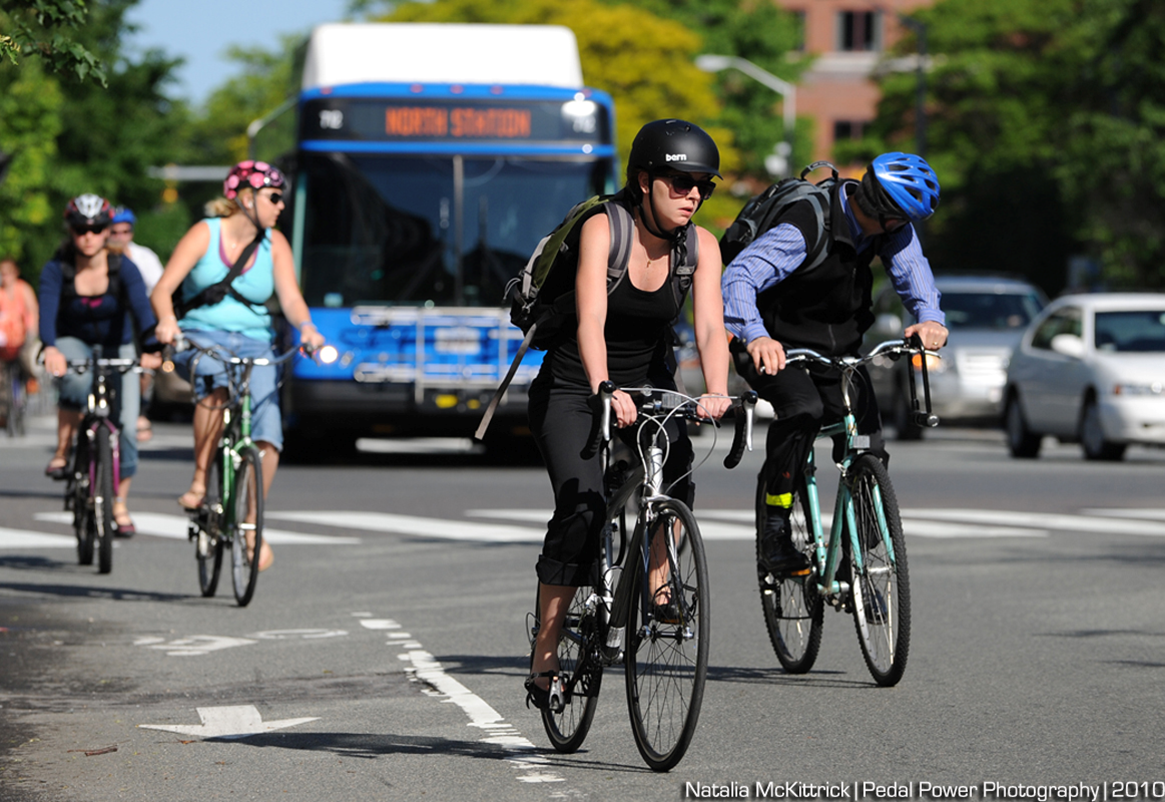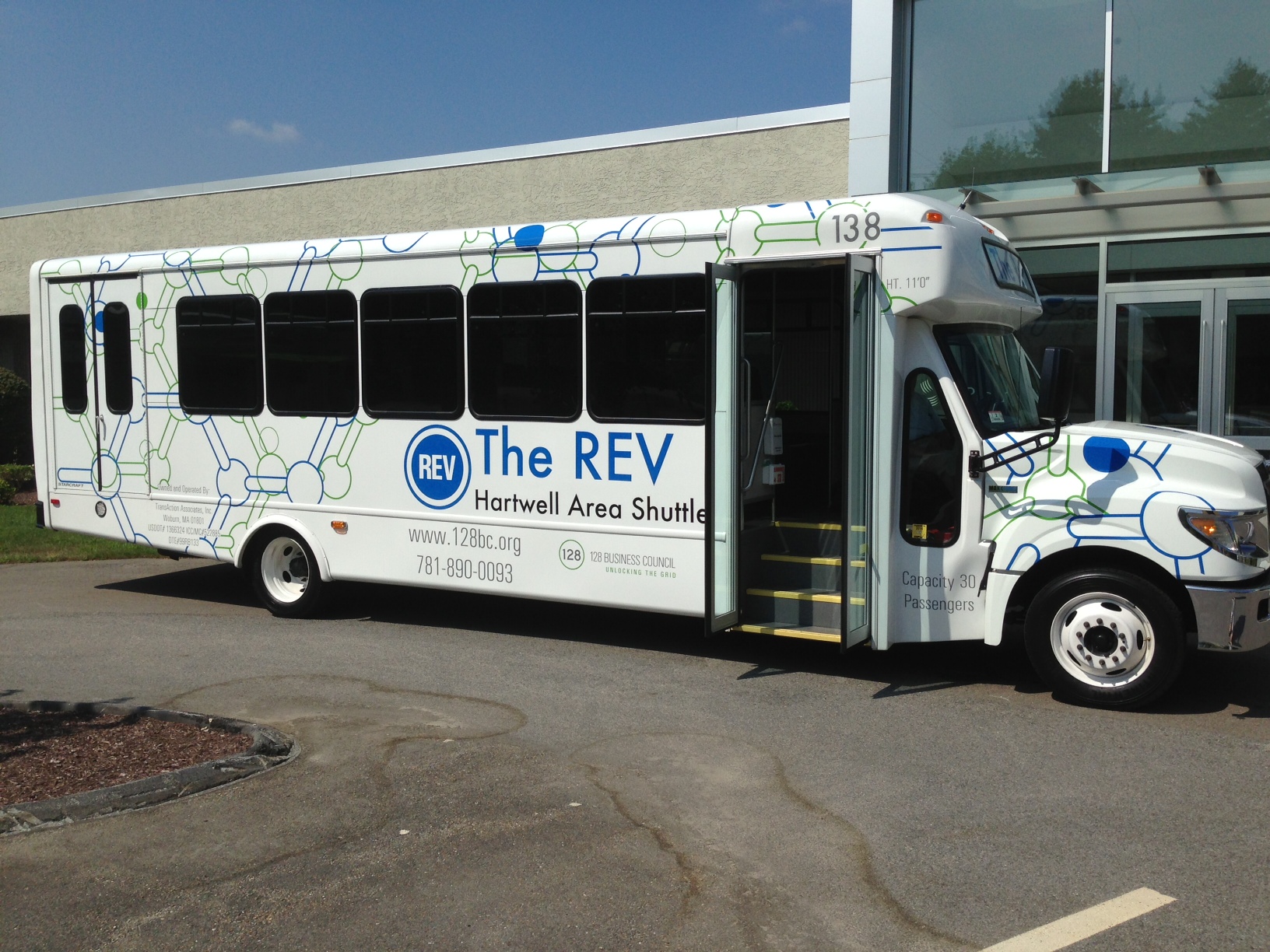August 25th, 2015
TMA White Paper
"Making the Shift: How TMAs in Massachusetts Leverage Private-Sector Resources to Achieve State Goals & Public Benefits"
In early 2015, MassCommute retained Eastern Research Group (ERG) to produce a white paper exploring the impacts that TMAs are yielding throughout the Commonwealth and how these impacts can be strengthened to achieve greater public benefits and cost effectiveness for businesses, municipalities, and the state.
Download/view the full report (39 pages)
Download/view the executive summary
Powerpoint Presentation (Overview of MassCommute + White Paper)
(Preview below)
Key Benefits TMAs Deliver to Massachusetts
· Reduce vehicle miles traveled (VMT) and greenhouse gas emissions
· Leverage private and institutional investments in local TDM
· Save commuters time and money
· Drive demand for public transit
· Reduce single occupancy vehicle (SOV) trips
· Mitigate traffic congestion
· Deliver savings to state and local communities on road maintenance
· Encourage biking, walking, and ridesharing
· Design and implement transportation initiatives
· Enhance, promote, and complement MassRIDES
· Add value to state and local policies by improving designs and supporting implementation
Key recommendations to build upon the successes of TMAs in Massachusetts include:
Expand and Enforce Existing Trip Reduction and Congestion Mitigation Policies
More stringently enforce existing TDM policies, such as the Massachusetts DEP Rideshare Regulation, TIA Guidelines, and the City of Boston’s TAPA Guidelines, to make progress toward achieving climate and mode shift goals, and to maintain the integrity of these policies.
Utilize TMAs to Achieve State Transportation and Climate Goals
More closely incorporate TMAs into state, regional, and local policies and programs to strengthen partnerships, minimize overlap, unify communications, improve commuter data collection and analysis, and accelerate progress toward the achievement of climate and transportation goals.
Increase Coordination Between TMAs and the Statewide Travel Options Program
Enhance coordination between TMAs and MassRIDES so that TMAs serve as local program branches, or administrators, in areas of high congestion. This would increase the efficiency of TDM delivery in Massachusetts by enabling TMAs to capitalize on their partnerships with local stakeholders and MassRIDES to focus its resources on areas where TMAs are not present.
Employ TMAs to Pilot Transportation Initiatives
Tap into the education and outreach capabilities of TMAs by using them as pilots of new transportation services, technologies, and data collection standards. Their organizational agility and close connections with local businesses and institutions make TMAs ideal for launching pilot initiatives, collecting performance data, and improving upon the initiatives to inspire a long-term impact.
Dedicate State Funding to Leverage Private Sector Funding for Existing and Future TMAs
Provide initial, multi-year funding to future TMAs to catalyze in-depth commuter transportation services in more areas of the Commonwealth. Increase annual funding for existing TMAs to expand their transportation impacts, and leverage additional private and institutional dollars for TDM efforts.


